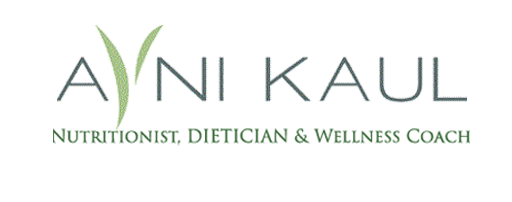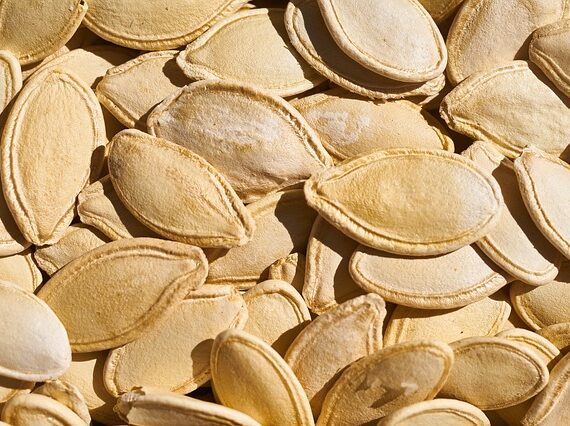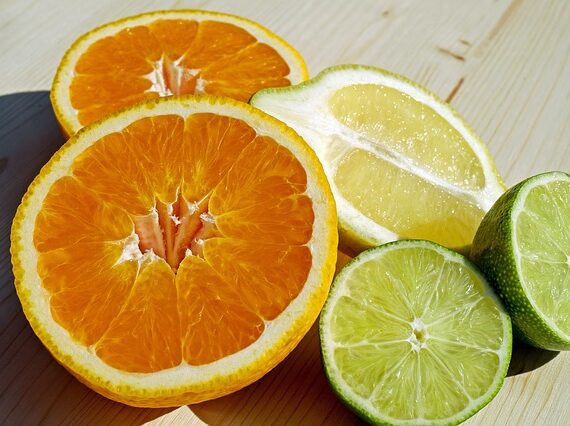Your body requires ample calcium to strengthen your bones and vitamin D to help your body absorb calcium.
These nutrients are important particularly early in life, but they will also help as you age. If you develop osteoporosis, a disease characterized by brittle and breaking bones, getting plenty of calcium and vitamin D may slow down the disease and prevent fractures. Poor bone health can give conditions such as rickets and increase the risk of breaking a bone from a fall or an injury later in life.
Adults up to age 50 must get 1,000 milligrams of calcium and 200 international units (IUs) of vitamin D per day. Adults above 50 should have 1,200 milligrams of calcium and 400 to 600 IU of vitamin D.
Dietitian Avni Kaul says you should be able to get all the essential nutrients you need for healthy bones by eating a healthy balanced diet.
A good diet is one of the building blocks for healthy bones, which also consists of physical activity and avoiding certain risk factors.
In this article, Delhi‘s top dietitian Avni Kaul talks about an essential diet for healthy bones.
Yogurt
Most people get their vitamin D through exposure to sunlight, but some foods, like yogurt, are fortified with vitamin D.
One cup of yogurt is a creamy way to get your daily calcium. A fat-free plain yogurt contains 30% of your calcium and 20% of your vitamin D for daily consumption.
Milk
There is a logic that milk is the poster child for calcium. 8 ounces of fat-free milk will give you 90 calories, but give you 30% of your daily intake of calcium. Opt for a brand fortified with vitamin D to get double the benefits.
Have at least 2 glasses of Milk
Eggs
Even though eggs only contain 6% of your daily vitamin D, they are a fast and easy way to get it. Just do not opt for egg whites only, they may reduce calories, but vitamin D is present in the yolk. You can consume 1 yolk daily.
Spinach
If you are not fond of dairy products do not worry. Spinach will be your new alternative to get calcium. One cup of cooked spinach includes approximately 25% of your daily calcium, along with fiber, iron, and vitamin A.
Some Dos and Don’ts for Strong Bones
Do eat fruits and veggies. You’ve heard this over and over, but it’s worth repeating. Higher consumption means greater bone mineral density. Studies can’t say why, but fruits and vegetables are filled with an array of nutrients that develops strong bones.
Do exercise. Get a minimum of 30 minutes of physical activity every day. Exercises like running, dancing and lifting weights stress your bones in a great way. This signals your body to make more bone cells.
Don’t drink too much. Alcohol can obstruct the formation of new bone cells.
P.S. Any diet change or plan must be followed by a consultation with your doctor or a reputed dietitian. Random diet change on your own should be avoided.
…




